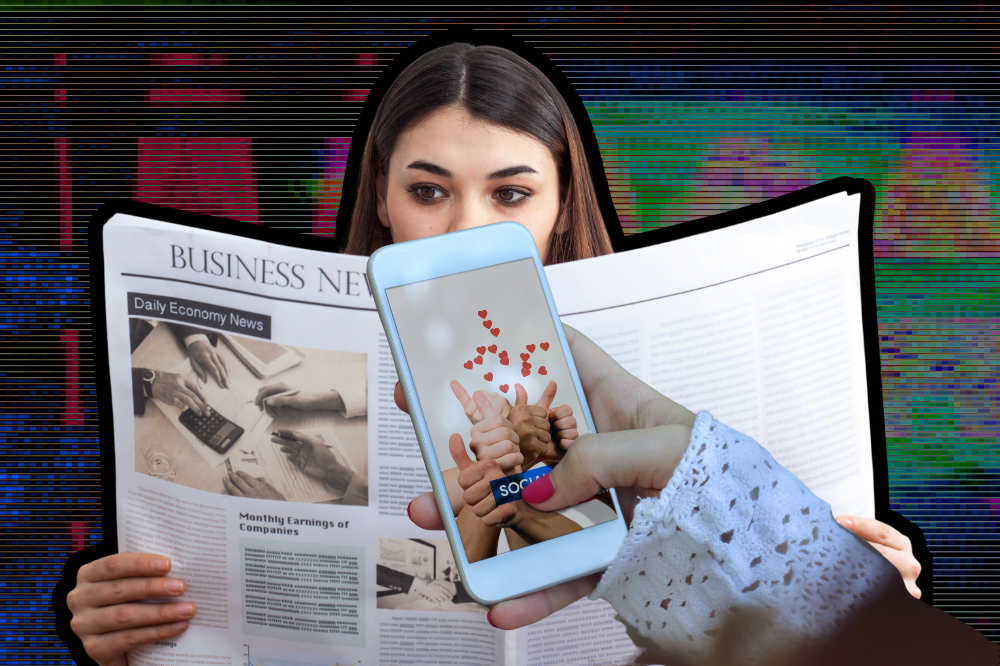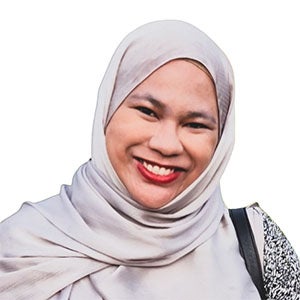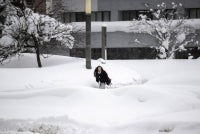Reclaiming Agency in an Age of Misinformation
Language is never neutral. It frames reality, influences perception, and reinforces power structures.

I always tell my students that reading alone is not enough. In a world where information is abundant but truth is elusive, we are constantly navigating a flood of narratives, opinions, and interpretations.
It is easy to mistake exposure for understanding, but real comprehension requires more than passive consumption - it demands critical engagement. The question we must ask is not just whether we are informed, but whether we are thinking deeply about what we read, hear, and believe.
Resistant reading is a practice of intentionality and discernment. It reminds us that no text exists in isolation; every piece of media carries with it layers of history, politics, and ideology.
Language is never neutral. It frames reality, influences perception, and reinforces power structures.
To read passively is to risk being led by narratives that serve interests beyond our own. To read critically, however, is to reclaim agency, to recognise omissions, challenge assumptions, and question the forces shaping our worldview.
Consider how global events are reported in the media. Why are some groups described as ‘freedom fighters’ while others are labelled ‘terrorists’? Why are some acts of violence justified as ‘interventions’ while others are condemned as ‘threats to stability’?
These discrepancies are not accidental. They reflect the power structures that determine which narratives are amplified and which are suppressed. Those who control language control how history is told, how justice is framed, and how legitimacy is conferred.
As an academic, I see firsthand how students struggle with these constructed realities. Many come into the classroom with firm opinions shaped by the media they consume, unaware of the ideological currents beneath the surface. A recurring challenge I encounter is the misconception that being critical means being negative.
Some students hesitate to question dominant narratives, fearing that scepticism equates to cynicism. But resistant reading is not about dismissing everything - it is about engaging with complexity, seeking nuance, and refusing to accept simplistic explanations. To think critically is not to reject, but to refine - to approach information with curiosity and a commitment to deeper understanding.
Practicing resistant reading requires patience and a willingness to ask mundane and often taken for granted questions. Who benefits from this narrative? What voices are missing? What historical contexts have been erased? Resistant reading does not mean rejecting all mainstream media or uncritically embracing alternative sources. Rather, it is about developing a habit of inquiry, recognising bias, and navigating the discomfort of uncertainty.
Beyond media, resistant reading extends to literature, history, and even daily conversations. Literature is often presented as a mirror of human experience, but a resistant reader knows that every story is shaped by its author’s background, politics, and worldview.
Whose stories are being told, and whose are left in the margins? When we read history, do we encounter only the voices of the victors, or do we make space for the perspectives of those who resisted and suffered?
This practice also requires introspection.
How have our own biases been shaped by our upbringing, education, and the media we engage with? Are we too quick to accept narratives that align with our existing beliefs? The ability to challenge our assumptions is just as important as critiquing external sources.
A society that values resistant reading values critical inquiry. It does not settle for easy answers but embraces the complexity of truth. It fosters intellectual humility - the recognition that knowledge is not static but constantly evolving. It encourages ethical engagement with information, ensuring that justice is not dictated by dominant narratives but emerges from thoughtful and inclusive discourse.
In an era where misinformation is weaponised, resistant reading is not just a skill - it is a form of empowerment.
It is an assertion of agency over our understanding of truth. By reclaiming our ability to question, analyse, and interpret, we resist the forces that seek to control our perceptions. And in that resistance, we cultivate a more informed, just, and critically engaged society.
Ultimately, resistant reading is about reclaiming our intellectual independence. It is about refusing to be passive consumers of narratives crafted by those in power.
It is about actively seeking diverse perspectives, challenging comfortable certainties, and daring to think beyond imposed limits. It is, at its core, an ongoing journey- one that demands both courage and commitment.
In a world where critical engagement with information is more urgent than ever, embracing resistant reading is not just valuable - it is necessary.
Siti Nurnadilla Mohamad Jamil is an assistant professor of linguistics, specializing in Critical Discourse Studies at the Department of English Language and Literature (DELL), AbdulHamid A. AbuSulayman Kulliyyah of Islamic Revealed Knowledge and Human Sciences (AHAS KIRKHS), International Islamic University Malaysia (IIUM). She can be contacted at nadillajamil@iium.edu.my.
Download Sinar Daily application.Click Here!















